By HUANG Yuqin & ZENG Yue from CNS
On September 8th, the winners of the Inaugural Orchid Awards were announced in Beijing. David W. Ferguson, a translator, honorary chief English editor and senior expert in international communication at Foreign Languages Press (FLP), was honored with the "Outstanding Achievement Award".
Having been involved in translation and editing work in China for 15 years, David Ferguson considers himself a storyteller of China. How does he perceive the changes that have occurred in China in recent years? How does he see the problem of "stigmatization" faced by China in international communication? How can storytelling about China engage with people on an emotional level? In an exclusive interview with "W.E. Talk" of China News Service, David Ferguson discusses how to help foreign readers understand China.
Here are excerpts from the interview:
CNS: You've been involved in translation and editing work for 15 years in China. How do you view the role of this work in telling China's story to the world?
David Ferguson: The year 2022 marks the 70th anniversary of FLP, and five of the foreign experts in FLP, including myself and some of the experts from other languages, wrote to President Xi. President Xi wrote back to us. I've always been very conscious of the importance that he places on translation. In his letter to us, he emphasized the historical role of translation. He talked about the translation of the Buddhist sutras that were brought from India into Chinese and how that brought Buddhism to China. He talked about the importance of the role of translation in terms of China's political history and how the translation of the works of Marx and Engels from German or English into Chinese. And he talked about the importance of translation in contemporary China. Because one of the things that he always emphasizes nowadays is the importance of telling China's story. We have to tell good stories and we have to tell them well. Obviously, that requires huge translation skills.
Most of China's international discourse today takes place in English. If you're going to tell a story to a foreign audience, it is really important that you have people involved in the process who are skilled in the language and the culture. From my perspective, China has many very talented people, studying and working in foreign languages. It's really important that China should see those as a resource that can be used in an active way. And I think one of the developments I would like to see in terms of China's translation work is translators being used more as resources in a creative process rather than tools in a mechanical process.
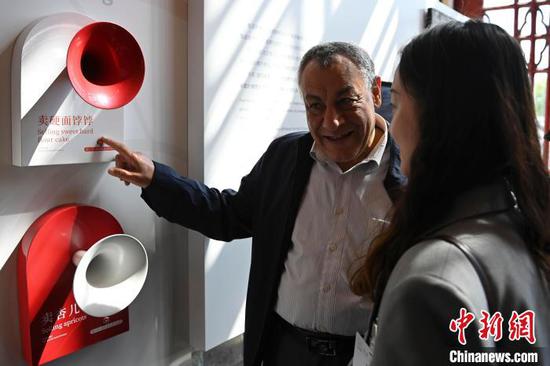
CNS: It is well-known that you have written many books about different provinces and cities in China, such as Nantong Stories, Discover Suzhou, China's Rural Revitalization: The Gansu Experience, etc. What impressed you most during the process? How do these books tell China's story?
David Ferguson: I enjoy the opportunities offered by writing these books to travel and see all sorts of different aspects of Chinese life.
Before I was initially invited by Foreign Languages Press to write my first book about Nantong, I had never heard of the city. Nantong is hardly known outside China. But it's a city which has almost 10 million people. It's twice the size of my country Scotland. This was something that struck me there.
Then I wrote a book about Suzhou. I really enjoyed it. It's the best-preserved old city that I've visited in China. And at the same time, Suzhou is one of China's modern success stories. It's got the China-Singapore Suzhou Industrial Park, which is a huge high-tech zone. So, it's a fascinating blend of the old and the new.
Last year I wrote a book about Gansu. In late 2020, I was invited to a poverty alleviation forum in Longnan, Gansu. It was the first time I had the opportunity to witness poverty alleviation in practice. One of the things that struck me was the E-commerce stations that have played a huge role in poverty alleviation and rural revitalization all over China. Huge improvements in infrastructure and the establishment of these e-commerce stations, just in the village, enable the villagers to communicate with markets, national markets, or even international markets, which has transformed the economic prospects of many villages.
When I came back, I talked about the idea of doing something for Gansu. And that is where the idea of the book China's Rural Revitalization: The Gansu Experience emerged from. This book details what has been and is happening in Gansu.
I have to say, none of my books are intended or pretend to be comprehensive books about the cities or the areas. They're more of a snapshot that presents a very large range of different perspectives on contemporary China and Chinese life, business, economy, environment, arts and culture.
What does China need to do in terms of telling its story to the world? The world is a market and what do large companies do when attempting to sell their products to a market? The first thing they do is to segment the market, split it up into smaller pieces so that they can develop specific products, sales channels, and marketing messages based on individual demographics.
That's the way it needs to go, and my books play a very small role in doing that.
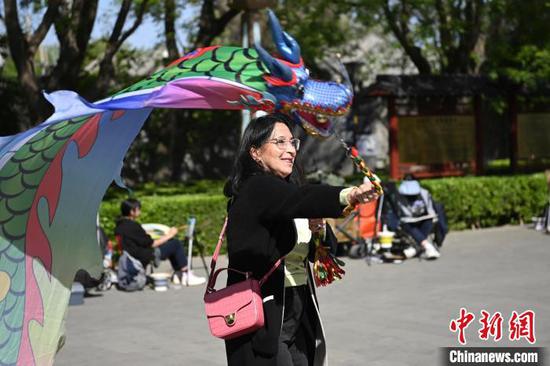
CNS: Nowadays, some western media always try to demonize China, which has caused misunderstandings about China among western audience. What are your thoughts on this?
David Ferguson: A "misunderstanding" is a rational thing. A misunderstanding is caused by lack of information or by inaccurate information. A misunderstanding can be remedied by rational approaches – by providing more information or more accurate information. The current problem between China and the West is not a "misunderstanding". "Stigmatization" is a much better way to express it.
The western media and western politicians spend endless amounts of time finding fault with China. It's a deliberately created hostility that operates on an emotional and visceral level. China attempts to address it rationally by expressing itself better. That's not going to work. It requires a very different discourse strategy.
Each time I wrote a book about China, I always picked up on some aspects of western criticism. For example, when writing about Gansu and poverty alleviation, one of the things that western people always criticize China for is "making up numbers". So I dealt with this issue in the book. At the time I wrote the book about Guangdong, it was just after there had been a lot of criticism of a company called Foxconn. And I addressed that issue in From Made In Guangdong to Created In Guangdong. Whenever I am writing, I always try to pick up on a specific area of criticism in the West and answer it directly.
The reason why I think it's important is that the western discourse is an aggressive, confrontational discourse. One aspect is that from a cultural perspective, Chinese people are not aggressive and confrontational. The second aspect is that the international discourse takes place in English, which is a foreign language to China and the native language of some of China's most forthright critics. So I think it's really important that people like me should take it upon ourselves to present China and to be willing to argue China's case.
CNS: In your opinion, how can storytelling about China engage with people on an emotional level? What misconceptions should be avoided when telling China’s story to the world?
David Ferguson: China's external expression needs to reduce its over-reliance on its formal political discourse, and as President Xi emphasized, tell China's stories well. Storytelling is a way of connecting with people on an emotional level, which is how to remedy the hostility that’s being created in the west.
Deflecting criticism or telling only good stories is the wrong way of storytelling. I think there is consciousness in the Chinese media that we need to do a better job of telling a comprehensive story. It's about treating China as if it is a video, rather than treating China as if it is a photograph, like the western media always tends to do. They take a still from the video and then pick holes in it and look for all the faults.
CNS: Since coming to China in 2006, you have witnessed many significant events and profound transformations across various aspects of the country. How do you view these changes under the leadership of the Communist Party of China?
David Ferguson: I started to work for China.org as a journalist and editor at the end of April 2008. Barely two weeks later the Wenchuan earthquake took place in Sichuan. So, the first major job I was given as a journalist working in the Chinese media was to go to Sichuan and cover the aftermath of the earthquake. Obviously, it was a very hard experience, but I saw some positive things that I think are worth commenting on.
I went to visit an earthquake victims camp in a sports stadium with my colleagues to interview the people. Gradually a group of children started to follow me around. And for some of them, I was quite possibly the first foreigner they'd ever seen. Then I started to engage with them and play with them. In a very short time, they were all laughing and joking. And there was an interesting photo of me with some of the kids. There were groups of adults in the background as well. In that photo, every single person was smiling, despite the terrible experiences they had been through. To me, it was a very interesting revelation about the resilience of Chinese people.
Obviously, I've seen a lot of changes. One of the most obvious areas of change is infrastructure. I've seen the establishment of the high-speed rail network from nothing to over 40,000 kilometers. It has transformed travel in China and had a huge impact on the economy. From my point of view, the primary requirement for poverty alleviation is infrastructure. You need the ability to move people and products and information from one place to another.
I think one of the other most visible changes I've seen is the environment. When I came to Beijing fifteen years ago, the smog problem was very severe. There has been a noticeable improvement since then. One of my books is called Building a Green Beijing, which looks in detail at all the measures that have been taken to build a better, greener Beijing.
I think the best way to summarize the changes is the change in outlook. I genuinely consider that China is probably the only country in the world where people can say to themselves "I have a better life than my parents" when they look back, and they say "I know that my children will have a better life than me" when they look forward. That creates a positive belief, expectation and outlook, which is probably the most important development.
CNS: You were honored with the "Outstanding Achievement Award" for the Inaugural Orchid Awards. What does it mean to you? What’s your future work plan?
David Ferguson: I'm very honored to have been nominated for a very prestigious award. I'll try hard to be a positive force in telling China's stories. For the future my main task will continue to be editing important works in China's international discourse. But I do want to do a bit more than I talk.
I gave a lot of lectures to students in universities around China and I always talk about the importance of the multi-pillar communication strategy. The formal political discourse is certainly one of the most important pillars, but there are others. Mainstream media, business, things that young people are interested in, social media are also pillars. Another interesting pillar is soft power.
Good stories are not propaganda. I think one of the ways that China can improve its storytelling ability is through film, which China is very good at. When you tell a story through a movie, your message doesn't get filtered by the western media or politicians. You get to talk directly to the people. So, one of the things I would like to do is to use my influence and my connections, in order to persuade some people who have the ability and the clout, to make a great movie about one of the true stories I picked up on during my work in China.
Edited by WANG Zonghan








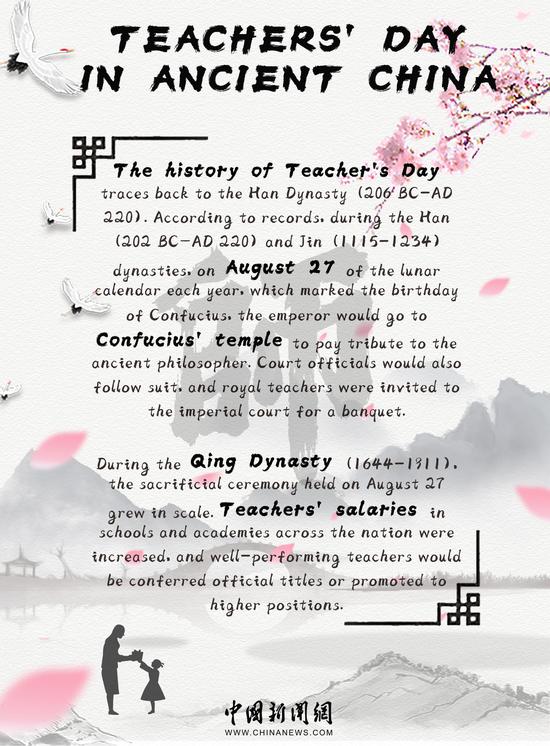

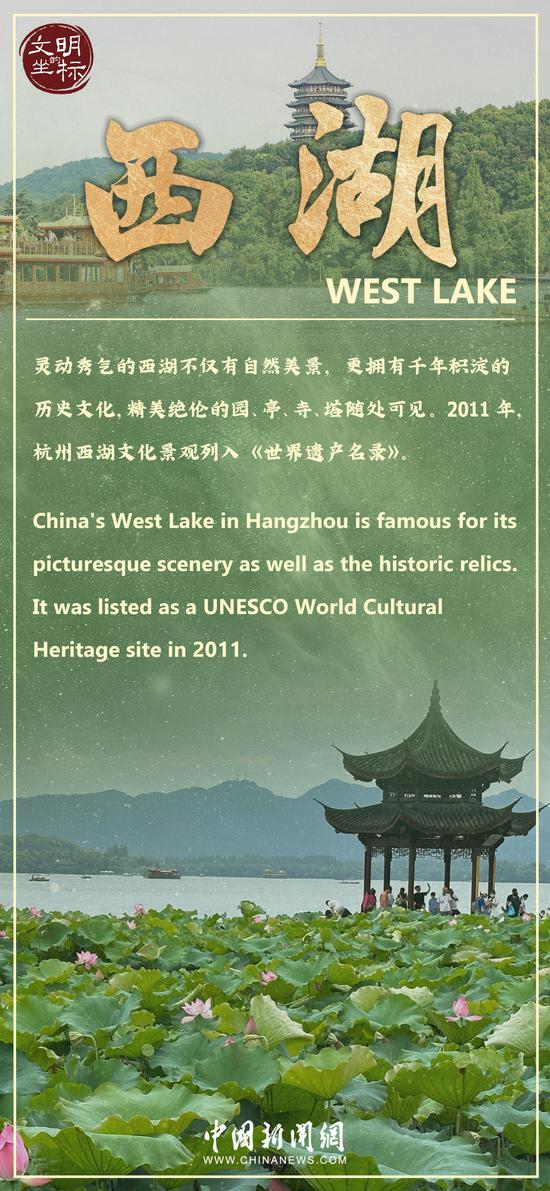
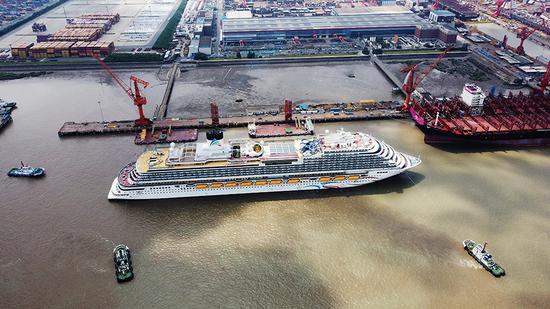

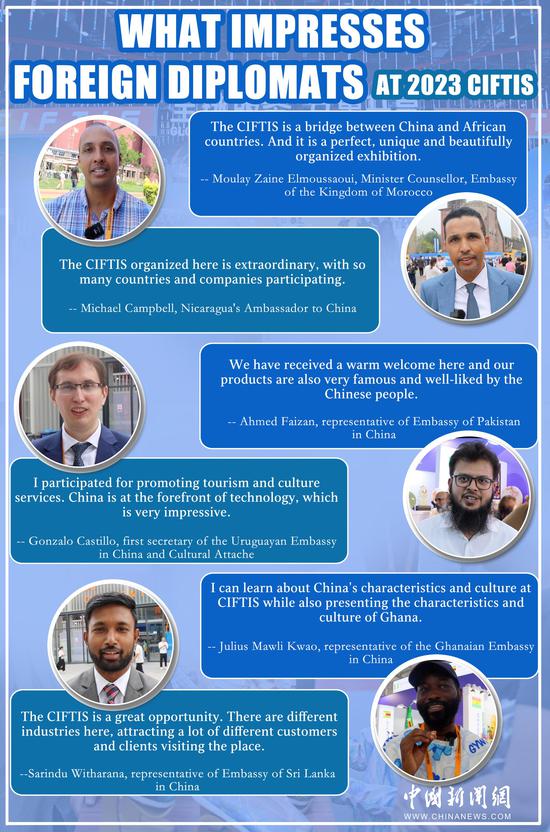
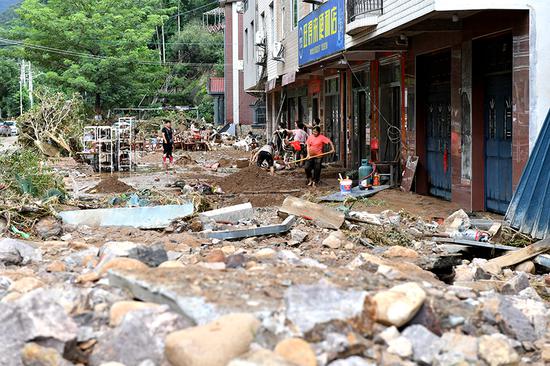


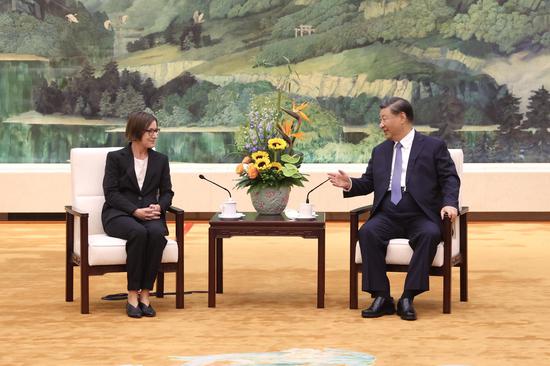
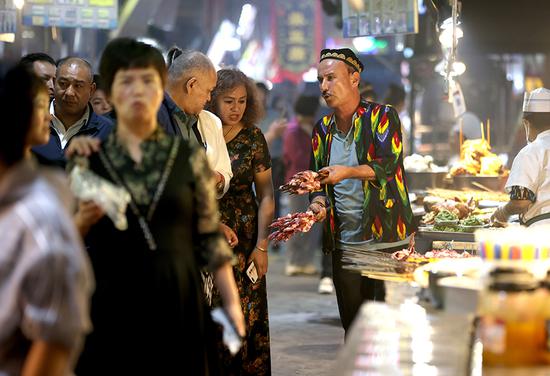



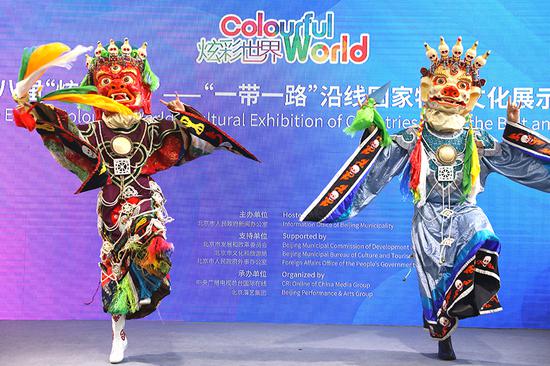
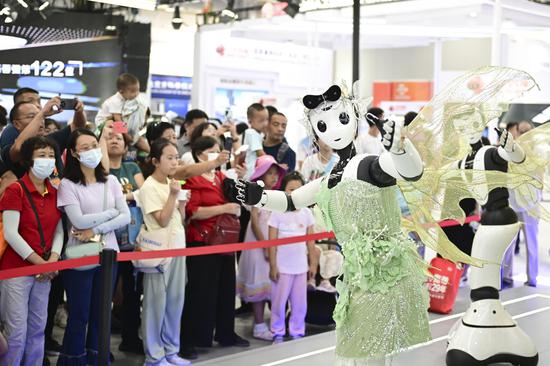


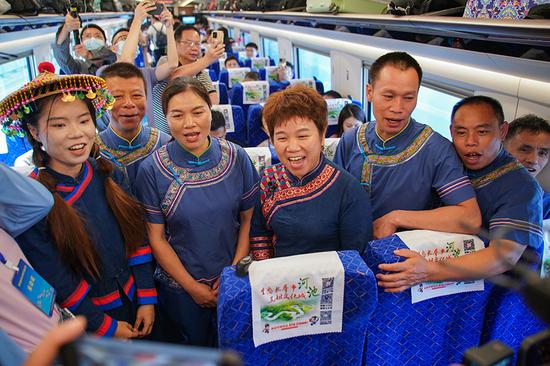
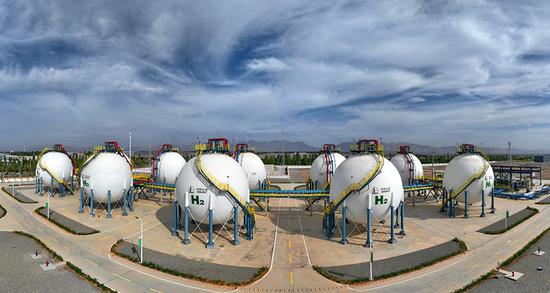

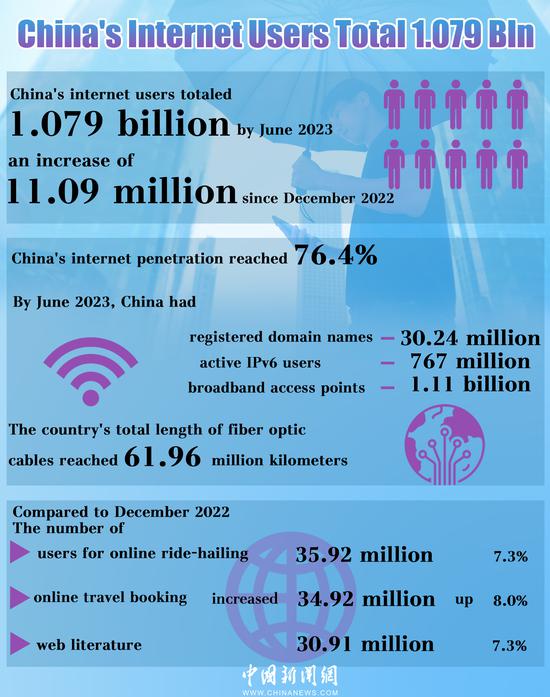
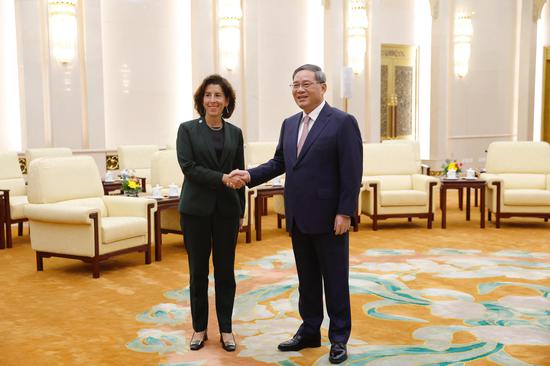
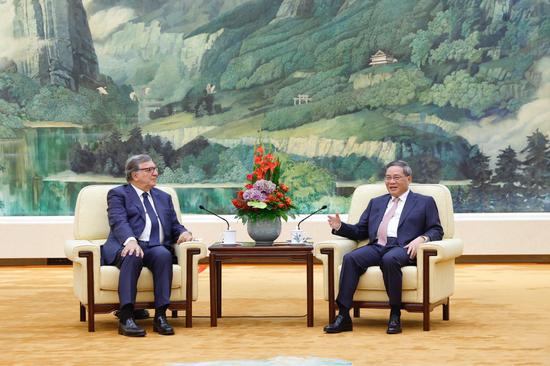


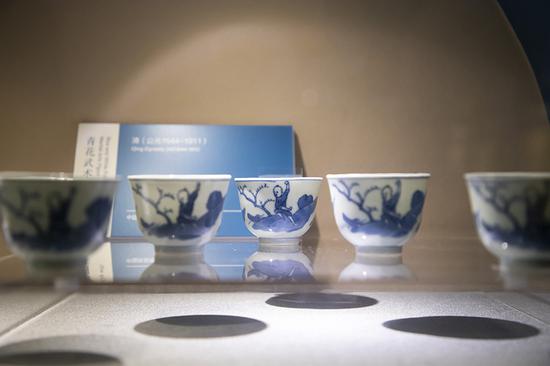









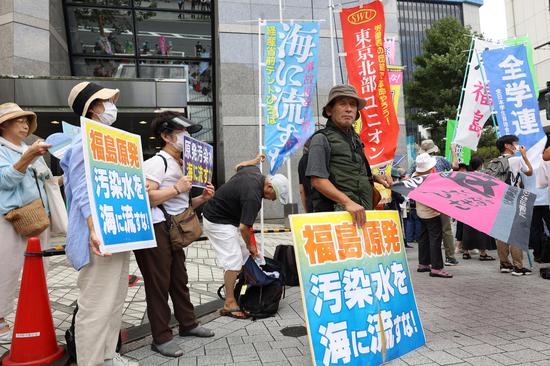





 京公网安备 11010202009201号
京公网安备 11010202009201号